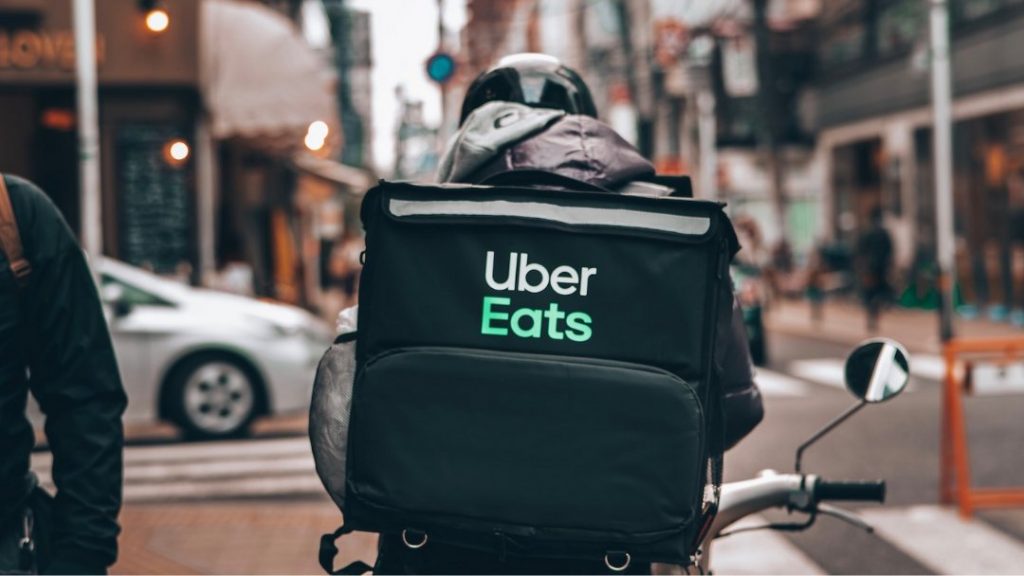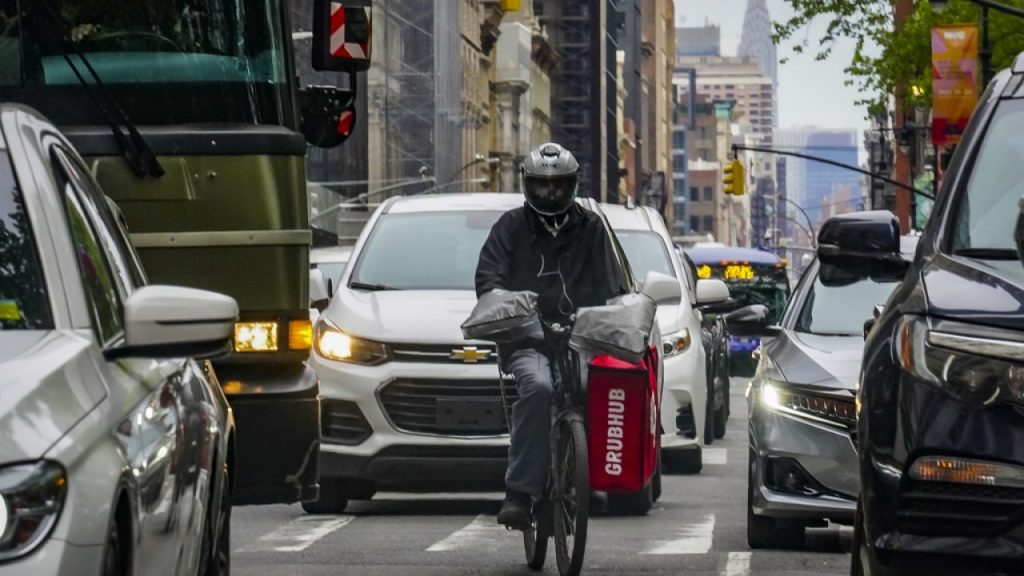
In a landmark move that promises to redefine the gig economy landscape, New York City has taken a decisive step forward by setting a new minimum wage for app-based food delivery workers. This change not only underscores the city’s commitment to protecting its workforce but also sets a precedent for other cities to follow. This article delves into the implications of this policy shift, the current state of app-based delivery workers’ earnings, and the anticipated impact on the gig economy at large.
A Milestone Decision for Gig Workers
As of April 1, 2024, app-based food delivery workers in New York City will see their minimum wage increased to $19.56 per hour. This adjustment is not just a numerical change but a beacon of hope for over 60,000 delivery workers who have been navigating the challenging waters of the gig economy. The increase is a part of a phased approach, reflecting a commitment to adjust wages in line with inflation, thereby ensuring that delivery workers can maintain a standard of living in one of the world’s most expensive cities.
The Current Earnings Landscape
Prior to this adjustment, the reality for delivery workers was stark. A study by the Department of Consumer and Worker Protection (DCWP) found that NYC’s app-based restaurant delivery workers earned an average of $14.18 per hour with tips and a mere $7.09 without. After accounting for hourly expenses of $3.06, the take-home pay dwindled to $11.12 with tips and an alarming $4.03 without. This financial precarity has underscored the urgent need for regulatory interventions to safeguard the welfare of gig workers.
The Impact of the Wage Increase

The increase to $19.56 per hour represents a significant uplift in the earning potential for delivery workers, potentially transforming their economic stability and quality of life. More importantly, it acknowledges the essential role these workers play in the city’s economy, especially evident during the peak of the COVID-19 pandemic. This wage adjustment is a critical step towards recognizing gig work as legitimate and vital, deserving of the same protections and standards as traditional employment.
Challenges and Considerations
While the wage increase is a monumental step forward, it is not without its challenges. App-based companies and some critics argue that increased labor costs could lead to higher prices for consumers, a reduction in delivery jobs, or a shift in the business model that could impact the availability and convenience of delivery services. Balancing the needs and sustainability of all stakeholders—workers, companies, and consumers—is paramount as the city navigates the implementation of this new wage standard.
A New Era for the Gig Economy
New York City’s decision to set a minimum wage for app-based food delivery workers marks the beginning of a new era in the gig economy. This move not only offers immediate financial relief to thousands of workers but also paves the way for similar actions across the globe. As we look to the future, the conversation around gig worker rights and protections is only set to intensify, with New York City leading the charge in redefining what it means to work in the modern economy. This policy is not just about a wage; it’s about dignity, fairness, and the recognition of the indispensable value these workers bring to our daily lives.
Leave a Reply
You must be logged in to post a comment.